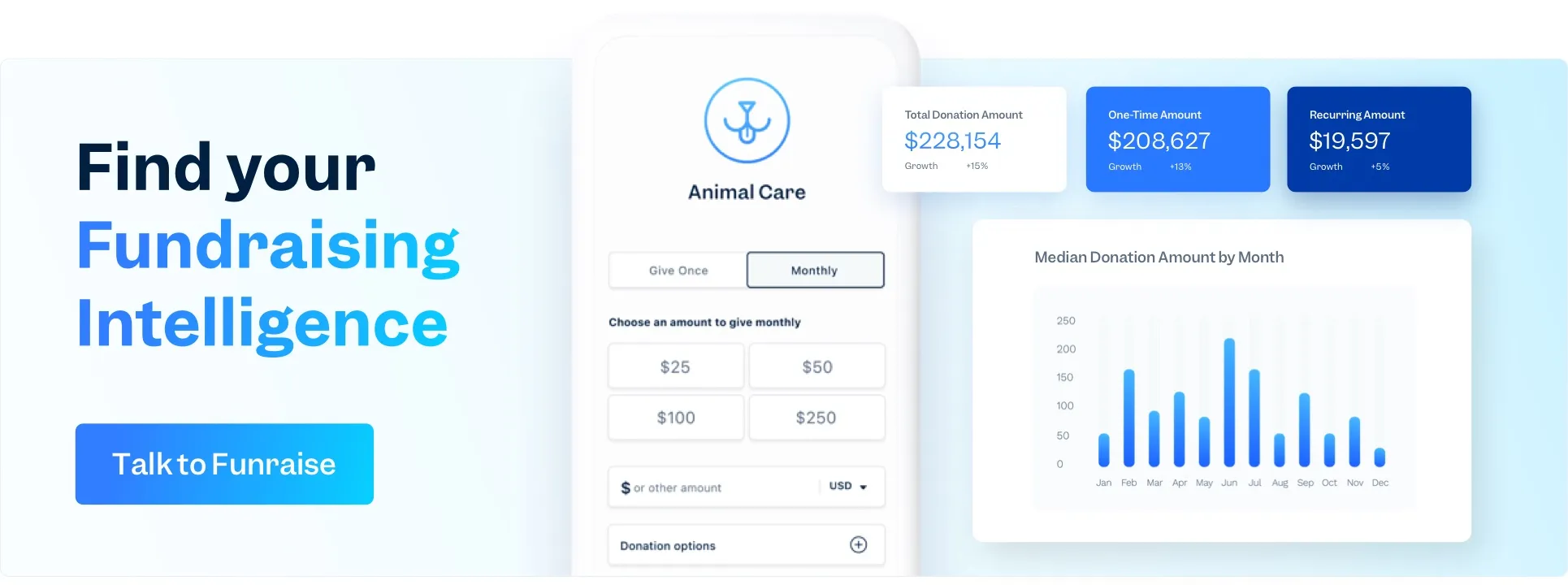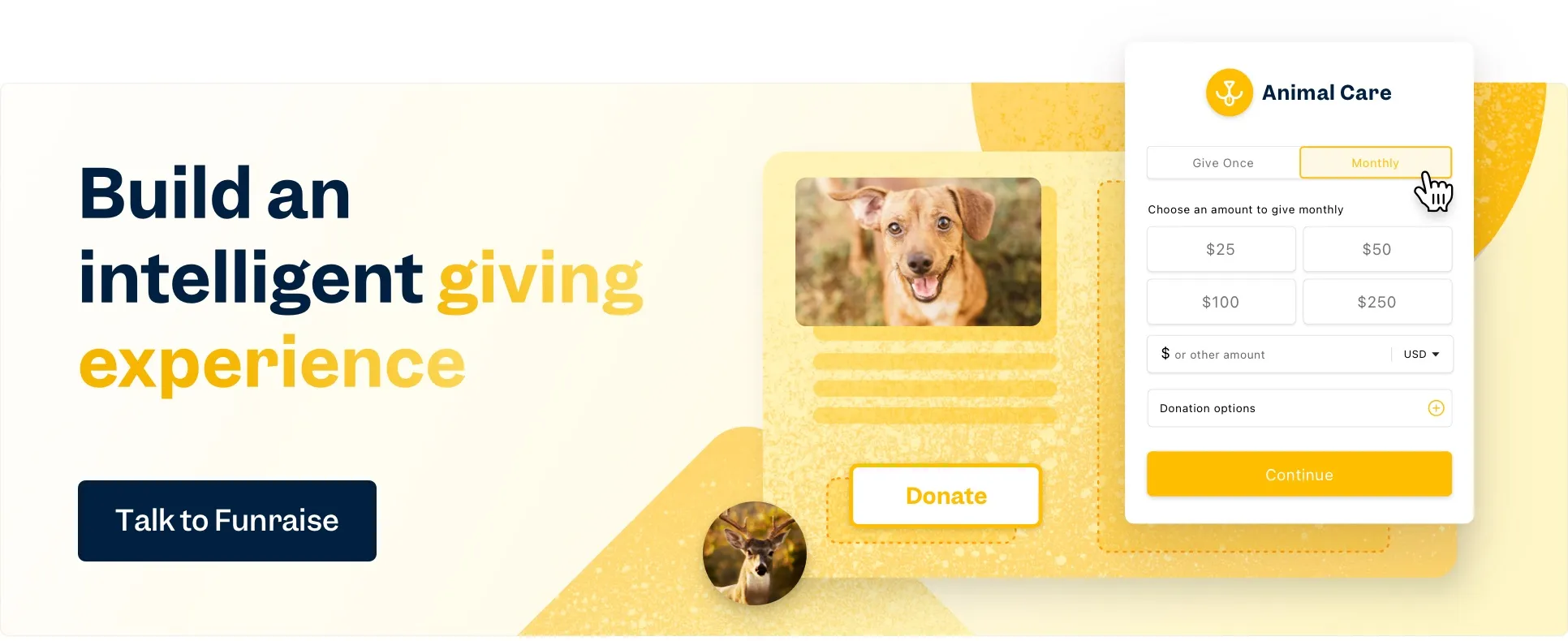Planning your hiring
- Create a rubric for your questions and the scoring guidelines for answers. Yep, this is #1. Write out all the questions, keep them focused on the career opportunity and your nonprofit organization's needs, and eliminate any job posting requirements that aren't essential to the job type. Note the type of answers that will indicate the skills necessary to do the job well.
- Seriously consider removing educational requirements. Unless a specific accreditation or certification is needed, don't just add a requirement for a BA or a Master's just because.
In the job description
- Disclose the salary range, we're begging you! Be upfront and transparent with information about benefits, and be prepared to explain how your unlimited PTO works, for example.
- Encourage everyone to apply. Even if they only have 60% of the qualifications (or however much you choose), you still want to see candidate pools that could fulfill your needs in other ways. Women are more selective about which jobs they apply for—it's often said that women need to be 100% sure they fulfill the qualifications—so pushing job candidates to take the plunge is crucial to getting a wide variety of impeccable talent.
- Make sure the job description is accessible. Paywalls stink, and since fundraising talent work—for money—charging them real, whole dollars to view your job description before they even interview, before they apply, before they even know they want to apply... that's a red flag.
- Ban the box about criminal history, whenever possible.
Before the interview
- Be transparent about the interview process. Tell fundraising talent applicants how many interviews they'll have, and with whom! Provide a timeframe so they know how long they'll be waiting to hear from you. And stick to that timeframe—it's crucial to job candidates' peace of mind.
- Tell your nonprofit talent who they're interviewing with. Names, pronouns, titles—when you set up the interview, not 10 minutes before.
- Provide the interview questions in advance. This is not a pop quiz! Jobs rarely involve gotcha questions or situations, so don't make the interview like that. You're going to be working with this job seeker; why are you trying to entrap them?
During the interview
- Start by going over names, pronouns, and titles again. But this time, include your candidate, and encourage brief visual descriptions as well to normalize access for impeccable talent who are blind or have vision disabilities.
- Go over the questions you'll ask. Make sure the interviewee has the correct questions and understands what you're asking.
- Involving community... Fakequity makes a great point: "if you’re going to involve community partners, clients, or other stakeholders in the interviews, make sure it’s not performative. Their input should shape hiring decisions. They should write questions. They should feel free to share the good and the bad about their relationships with your organization."
- Use a variety of methods to measure skill. Role play, portfolios, website audit, and so on. Just don't spring a last-minute task on your qualified candidate, and consider what you reeeeeally need—do you really need the task to be timed?
- Make sure this is a conversation. Allow for interviewee questions at the beginning, middle and end of the interview—basically anytime they need to ask something. This is a business meeting between two parties trying to determine the best way to fulfill your nonprofit organization's needs. There's still gonna be a power imbalance, but let the ideal candidate hold the reins when possible.
- Kick all-day interviews to the curb. Give your candidate pool and your team breathers. Avoid ending the interview with the most difficult tasks: board interviews, presentations, and hands-on tasks.
- Consider paying candidates for their time (thank you, Vu Le!) Or at least asking them if they'd like to be paid—not everyone wants to receive taxable income while they're interviewing.
- Provide accommodations without hesitation. Welcome the opportunity to increase accessibility. Lead with patience and compassion.
After the interview
- Challenge your biases. "We hire people who are like us. When an interviewer questions if the person really wants the job, could keep up with the pace, or would fit with the culture, challenge those assumptions." thanks, Fakequity... you said it perfectly.
- Ask candidates for feedback. Interviewing is inherently stressful, and all candidates are at different places as they apply. If someone withdraws or expresses discomfort, be careful in your request.
- Provide feedback. If a candidate asks for feedback, make sure it's delivered with grace and compassion.
As Tiffany Keesey from Conscious Culture Co. noted on the Nonstop Nonprofit podcast:
"make sure you have a jobs page or a career page where you talk about what's unique about your organization. Include your values because, again, people are going to be excited and self-select into working with people who they're aligned with."
What better way to start a productive, profitable partnership?
Do you have other ways that you make your interviews inclusive? See something we should add? Please, pleaseplease let us know.





























.webp)
.webp)











.webp)
.webp)

.webp)
.webp)
.webp)




